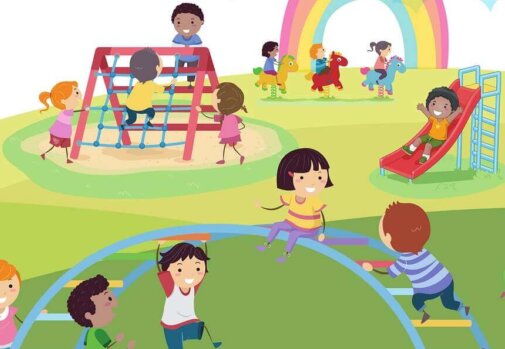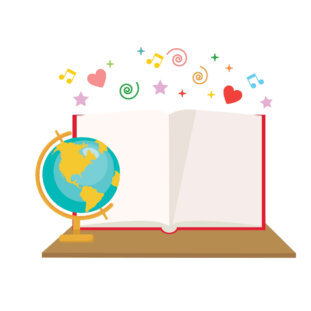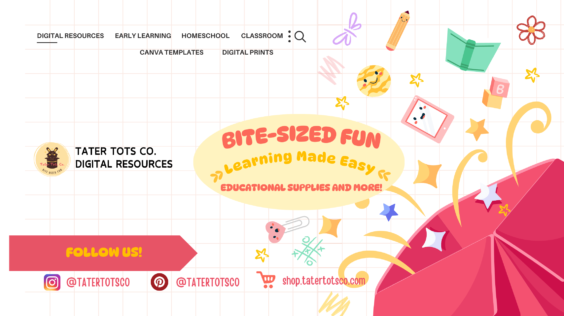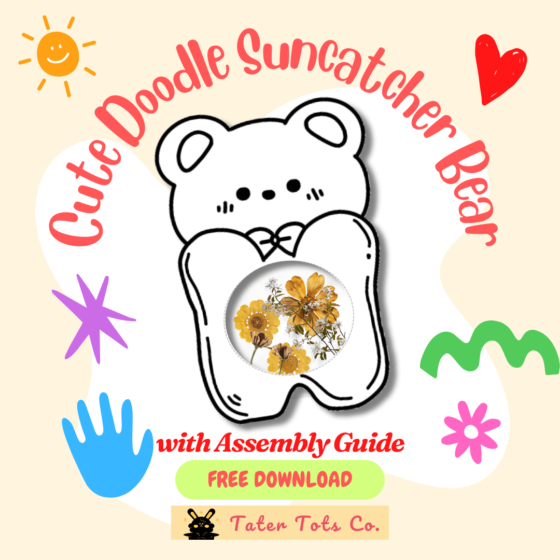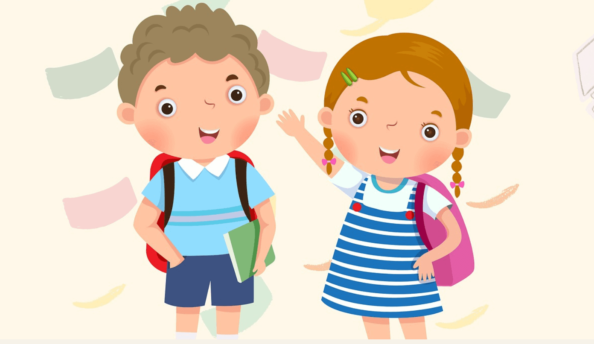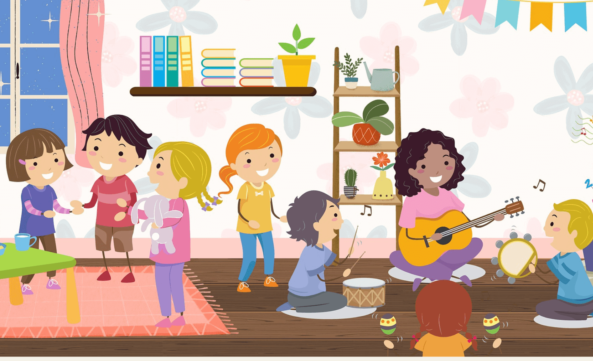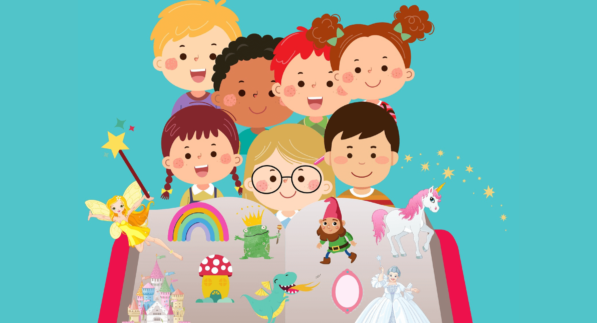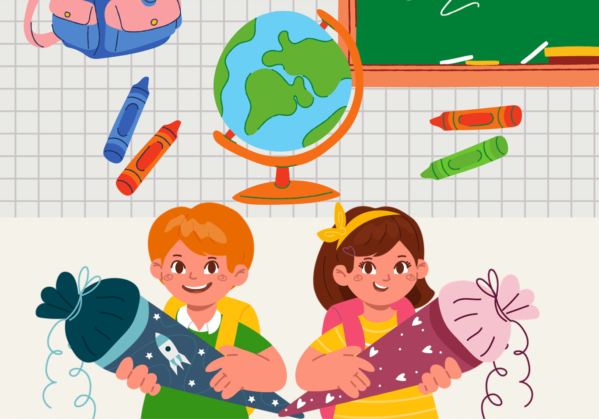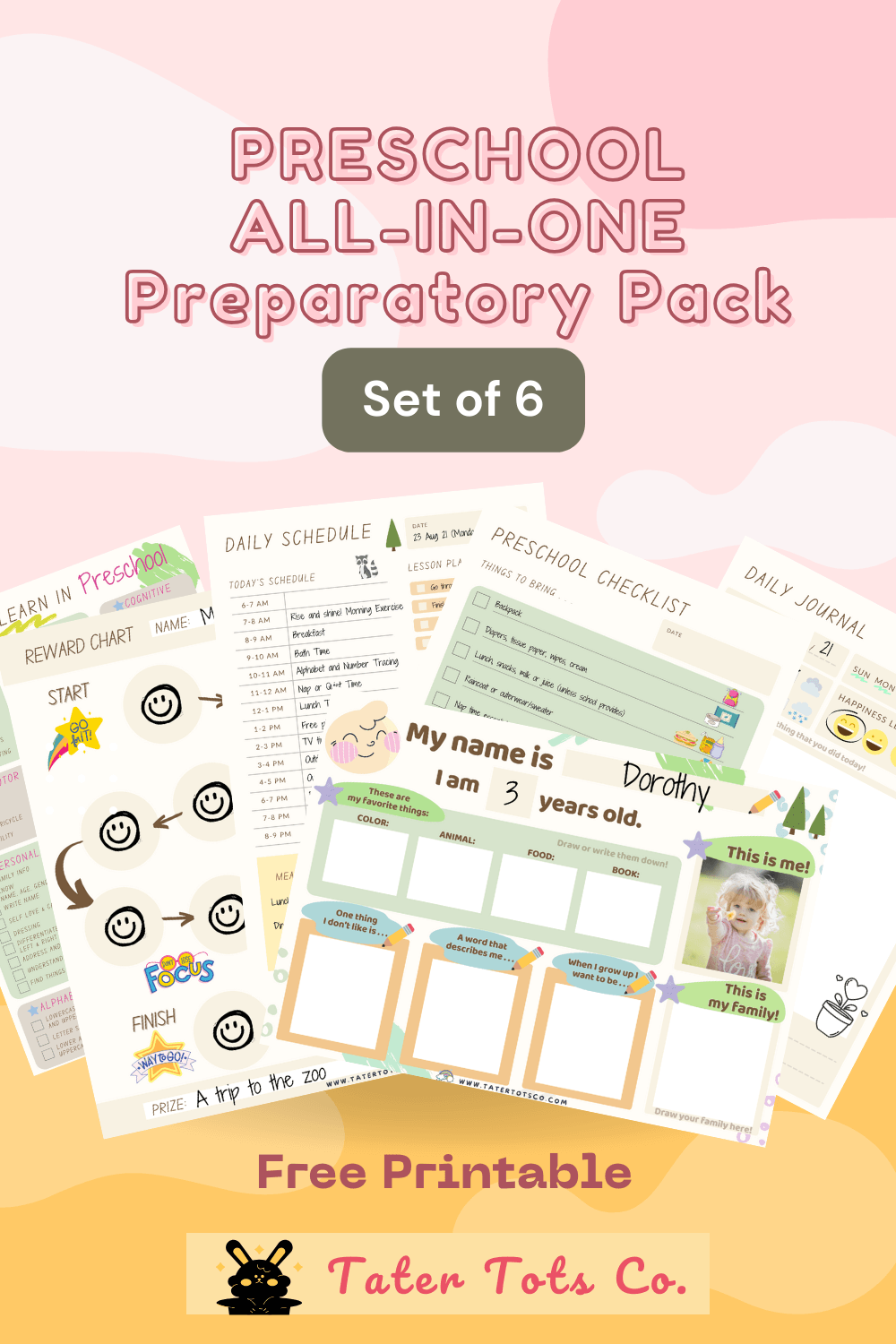
Introduction
Teaching children the importance of kindness and empathy is essential for raising compassionate and caring adults. It is never too early to start instilling these values in your little ones. One of the best ways to teach preschoolers about kindness is through fun activities that they can enjoy while learning.
A great way to do this is by using this free printable gift box with kindness gestures. This box is filled with ideas and sweet gestures that your child can practice and share with others. From simple acts of kindness like offering help to others to more creative ideas like writing about what they like about someone, this gift box 6 simple kindness acts. In this article, we’ll explore how to use this gift box to teach preschoolers about kindness and why it is so important.
Continue reading more below and download a free printable kindness gift box that you can use to teach children about kindness.
What is the printable kindness gift box?
This printable gift box is a fun and interactive way to instill kindness in preschoolers. It features 6 different kindness gestures that children can carry out throughout their day. This box can be printed and easily assembled with the instructions provided.
The gestures on the box are simple and easy for preschoolers to understand and carry out. For example, one gesture may suggest sharing a snack with a friend, while another may suggest helping others out. The gift box is a helpful way for parents, caregivers, or teachers looking for creative ways to teach young children about kindness and empathy.
By using this printable kindness box, you can help to foster a positive and caring environment for preschoolers and encourage them to develop important social skills that will benefit them as they grow older.
The Importance of teaching kindness to Preschoolers
Teaching kindness to preschoolers is one of the most important things we can do as parents, caregivers, and educators. Research has shown that children who are taught kindness at a young age are more likely to be empathetic, and compassionate, and have better relationships with others. Kindness is a vital social skill that helps children develop a strong sense of empathy towards others. It also teaches them how to be generous, patient, and considerate towards those around them.
Preschool is the perfect age to start teaching children about kindness and empathy. At this age, they are eager to learn new things and are more willing to absorb information. By teaching them about kindness and empathy, we are laying the foundation for their future relationships, both personal and professional. Children who are taught kindness and empathy at a young age are more likely to grow up to be well-adjusted and successful adults.
In addition to these benefits, teaching kindness to preschoolers helps to create a more positive and harmonious environment. When children are kind to one another, they are more likely to get along, and this creates a more peaceful and cooperative classroom or home environment. Kindness can also help to reduce bullying and other negative behaviors among preschoolers.
Overall, teaching kindness to preschoolers is something that should be a top priority for parents, caregivers, and educators. By instilling the value of kindness at a young age, we are helping to shape future generations into empathetic, compassionate, and successful individuals.
10 simple kindness gestures for Preschoolers
Teaching kindness to preschoolers can be a fun and rewarding experience for both the child and the adult.
Here are some examples of simple kindness gestures that are perfect for preschoolers to practice:
- Holding the door open for someone
- Saying “please” and “thank you”
- Sharing toys with others
- Giving someone a compliment
- Helping to clean up a mess
- Offering a hug to someone who is sad
- Making a homemade card for someone
- Saying something positive about themselves and others
- Showing empathy towards others
- Helping to take care of a pet or plant
Practicing these gestures can help preschoolers develop empathy and compassion towards others, and also build confidence and self-esteem. Encouraging them to perform these small acts of kindness can also help them understand the importance of community and helping others. By incorporating these gestures into their daily routine, preschoolers can learn to be kind and thoughtful individuals who will grow up to make positive contributions to society.
You can view the full list of 110 random acts of kindness for kids here on The Soccer Mom Blog.
Additional ways to encourage kindness in preschoolers
Be a role model
One way is to model kindness yourself. Children learn by example, so showing kindness to others, even in small ways, can have a big impact on them. Encourage your child to help others in need, whether it’s holding the door for someone or sharing their toys with a friend.
Practice kindness at home
Give your child opportunities to practice kindness. They can start with simple things like keeping a gratitude journal or helping around the house.
Start from small tasks like keeping toys, making the bed, and also teaching them how to be responsible for their actions.
Teach them how to take initiative around the house and express gratitude in simple words like “Thank you”, “Please” or “How can I help?”.
Compliment young kids when they do kind things as this encourages them and allows them to make small contributions to feel valued.
Practice kindness in school and in the community
Encourage young kids to practice kindness in school and the community. Some examples could be sharing toys or performing random acts of kindness like helping others.
Teach Mindfulness
While teaching kindness, you can teach mindfulness at the same time as it will help kids to gain focus and have emotional control.
When kids are better able to cope with difficulties and stress then they can better self-regulate their emotions and think about how they can show kindness instead.
Reading books about Kindness
Another way is to read books that promote kindness and empathy. There are many great children’s books out there that teach important life lessons about being kind to others and understanding different perspectives.
Here are some recommended books about kindness suitable for preschoolers,
ABCs of Kindness or view its collection of kindness books here.
Kindness Rules! (A Hello! Lucky Book)
Kindness activities
You can also play games with your child that promote kindness, such as a game where each person takes turns saying something kind about the person next to them. This not only encourages kindness but also helps build self-esteem.
You may also spend 5 minutes every day to keep a gratitude journal or have a discussion about kindness with kids. Or spreading random acts of kindness through lunch box notes in a kindness jar.
Make sure to praise your child when they exhibit kindness towards others. Positive reinforcement can go a long way in encouraging children to continue to be kind and compassionate toward others.
How to use the printable gift box

Here are some steps to follow when assembling the printable gift box:
- Print on card stock (A4 or A3 size) so that the box is sturdier. Then cut out according to the dotted lines and glue.
- Explain to your child what kindness means and why it is important to be kind to others.
- Review the kindness gestures provided in the gift box with your child and encourage them to choose one or more to complete each day.
- Explain each gesture, and have them complete the gesture.
- Encourage your child to reflect on their kindness experiences each day and discuss how it made them feel to help others.
There are 2 ways to use this box.
- You can use it as a gift box – glue sides together but leave one side open. Allow your child to gift a little toy or item that can fit in the box to someone
- You can use it as a rolling dice game – glue all sides together. Allow your child to roll the block and practice a kind gesture.
Through the activities in this gift box, children can learn about different acts of kindness. They can also explore the impact of kindness on themselves and those around them, and understand how small acts of kindness can make a big difference.

Spread kindness with this free downloadable simple printable kindness gift box template!
By downloading our free printable, you agree to our Terms & Conditions of usage.
- You can use it as a gift box – glue sides together but leave one side open. Allow your child to gift a little toy or item that can fit in the box to someone
- You can use it as a rolling dice game – glue all sides together. Allow your child to roll the block and practice a kind gesture.
How to foster a culture of kindness and empathy in your family
Fostering a culture of kindness and empathy in your family is something that can be done from a very young age. Children are naturally curious and open-minded, which makes them great candidates for learning about kindness and empathy.
One of the best ways to teach kindness is to model it yourself. Children learn from the actions and behaviors of those around them, so if they see you being kind and empathetic to others, they are more likely to follow suit. Another way to foster kindness and empathy is to encourage your children to put themselves in other people’s shoes. This can be done by asking them how they think someone else might feel in a certain situation, or by encouraging them to think about how they would feel if they were in someone else’s position.
You can also foster kindness and empathy by teaching your children to be grateful for what they have and to help others who may be less fortunate. Encourage them to donate their toys or clothes to charity, or to volunteer at a local food bank or shelter.
Finally, it’s important to remember that instilling kindness and empathy in your family is an ongoing process. It’s not something that can be done overnight, but rather something that requires consistent effort and reinforcement. By continuously modeling kindness and empathy, encouraging your children to put themselves in other people’s shoes, and fostering a sense of gratitude and generosity, you can create a culture of kindness in your family that will last a lifetime.
Other resources for teaching kindness to children
There are many wonderful resources available to parents and educators for teaching kindness to children. Here are a few additional resources to consider:
- Books: There are countless children’s books that focus on the theme of kindness. Some of our favorites include “The Kindness Quilt” by Nancy Elizabeth Wallace, “The Giving Tree” by Shel Silverstein, and “How Full Is Your Bucket? For Kids” by Tom Rath.
- Videos: There are many great videos available online that focus on teaching children about kindness and empathy. One great resource is the Sesame Street in Communities website, which offers a variety of videos, activities, and other resources for teaching young children about kindness and other important life skills.
- Games: There are many fun games available that can help teach children about kindness. One great example is “The Kindness Game” by Positive Parenting Solutions. This fun board game challenges players to perform acts of kindness for others and helps them learn about the importance of empathy and compassion.
- Workshops: Many community organizations and schools offer workshops and other programs designed to teach children about kindness and other important social skills. Check with your local library or community center to see what resources are available in your area.
One way to help kids grow into caring and empathetic adults is by instilling good habits at a young age. These are some examples of Good Habit posters that can help to reinforce good habits.
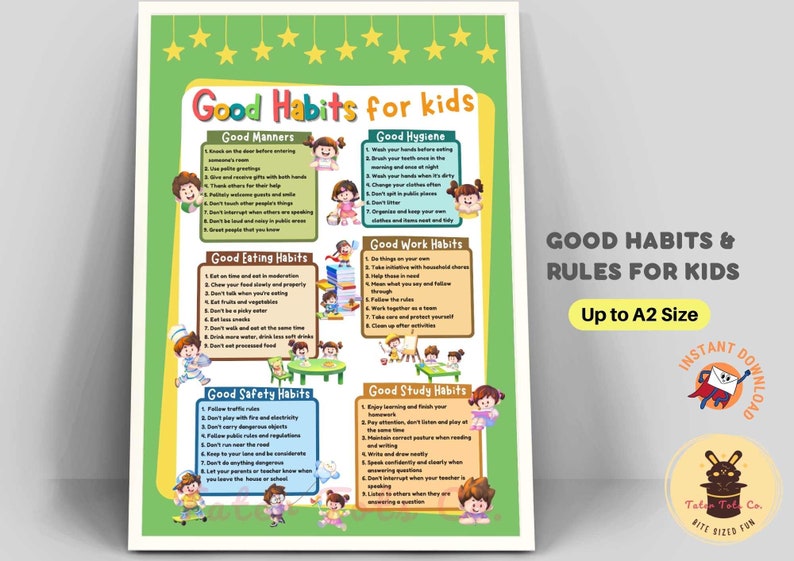
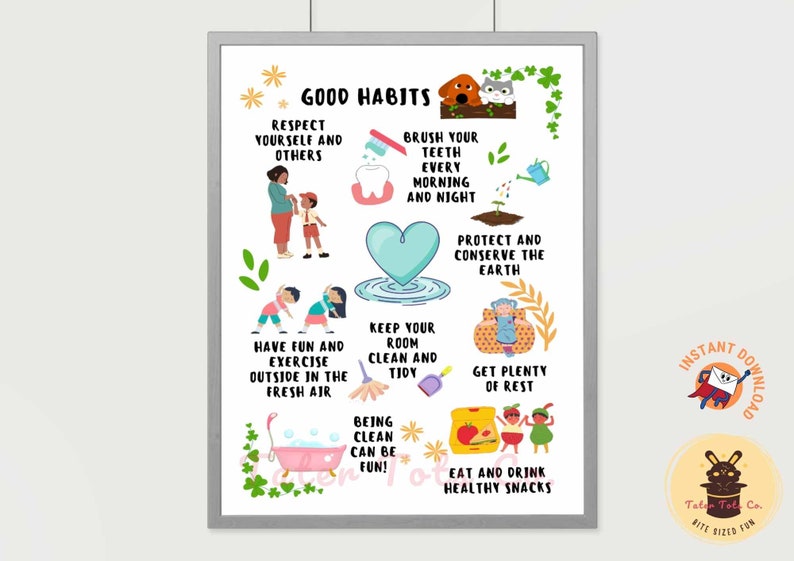
The Benefits of instilling kindness in Preschoolers
Instilling kindness in preschoolers is a vital aspect of their upbringing. Encouraging kindness in young children can have a positive impact on their social and emotional development. The earlier children learn about kindness, the more likely they are to become empathetic, compassionate, and caring individuals as they grow older.
Showing kindness to others helps to build meaningful relationships and fosters a sense of community. It also helps to develop a child’s self-esteem and confidence. When children see the positive effects of their kind actions, it reinforces that behavior and encourages them to continue being kind.
In addition to the personal benefits, instilling kindness in preschoolers can also have a ripple effect. When children learn to be kind, they are more likely to spread kindness to others. This creates a positive environment for everyone and can help to make the world a better place.
By encouraging your child to practice kindness, you are setting them up for a lifetime of positive social and emotional development.
Conclusion
In conclusion, instilling kindness in preschoolers is an essential life skill that can shape their future. Teaching them about kindness through various activities and gestures can help them understand the importance of compassion, empathy, and respect for others.
There are plenty of ways and opportunities for kids to practice kindness at home, in school, or in the community.
Teaching children the importance of being kind and considerate is one of the most important lessons they can learn. We hope that our free printable kindness gift box and the suggested gestures will help inspire children to practice kindness every day. Don’t forget to follow us for more free printables!

Enjoyed this freebie? Follow us on Facebook/Pinterest for the latest blog updates, freebies, and Ukulele printables.
Warmest Regards,
Access your child's readiness for preschool, know what to prep beforehand, printable templates included.
Here's what's included in the All-in-one preschool preparatory pack,
- Preschool Things to Bring/Pack Checklist
- What I can learn in Preschool checklist
- All About Me toddler activity poster
- Daily activity schedule for parents/child/childminder
- Preschooler daily journal template
- Reward Chart for behavior management
By agreeing to download this printable you will automatically be subscribed to our newsletter to get updates on new content, blog posts, videos, and other freebies straight to your mailbox.
Follow us to receive updates on new content!
